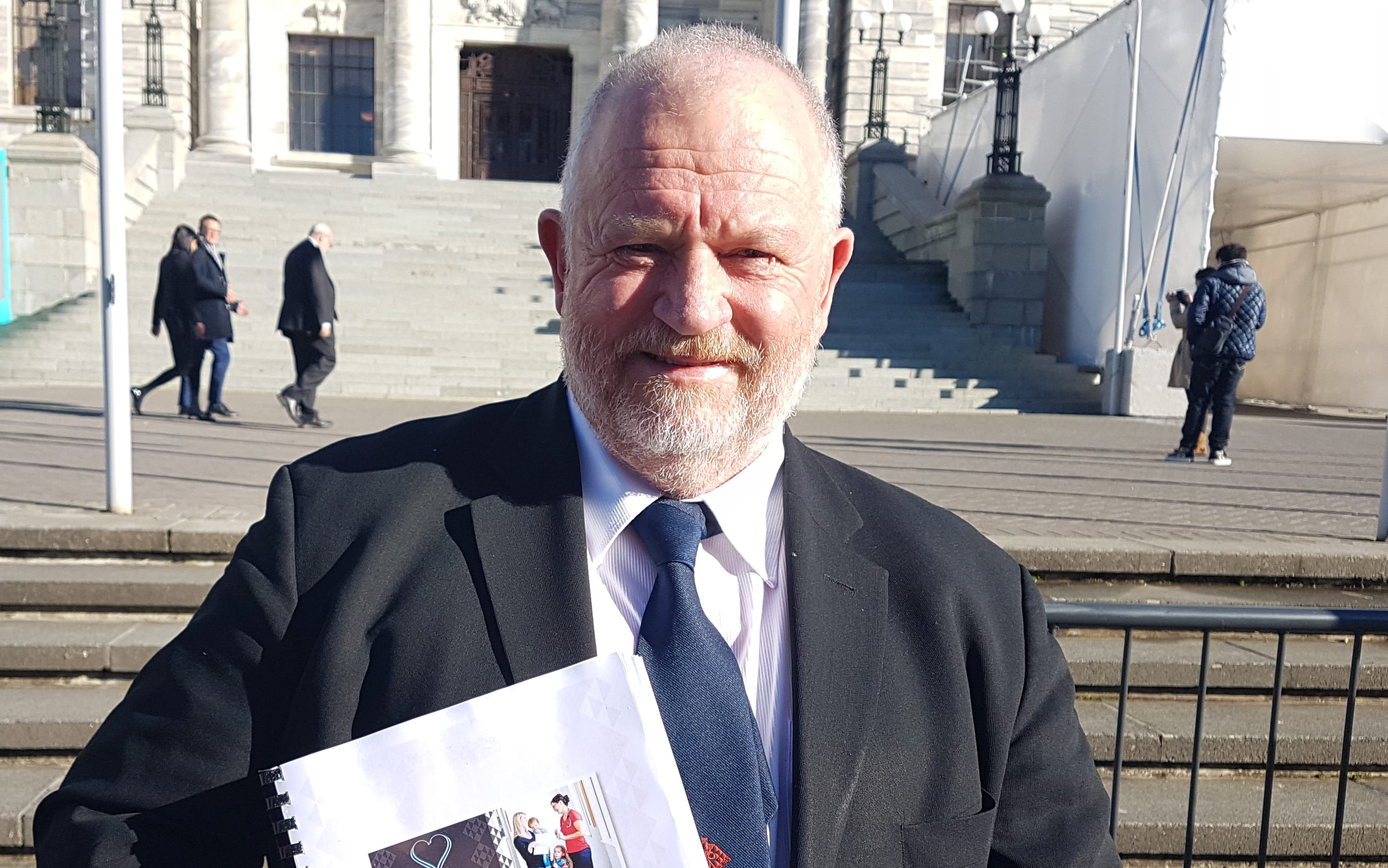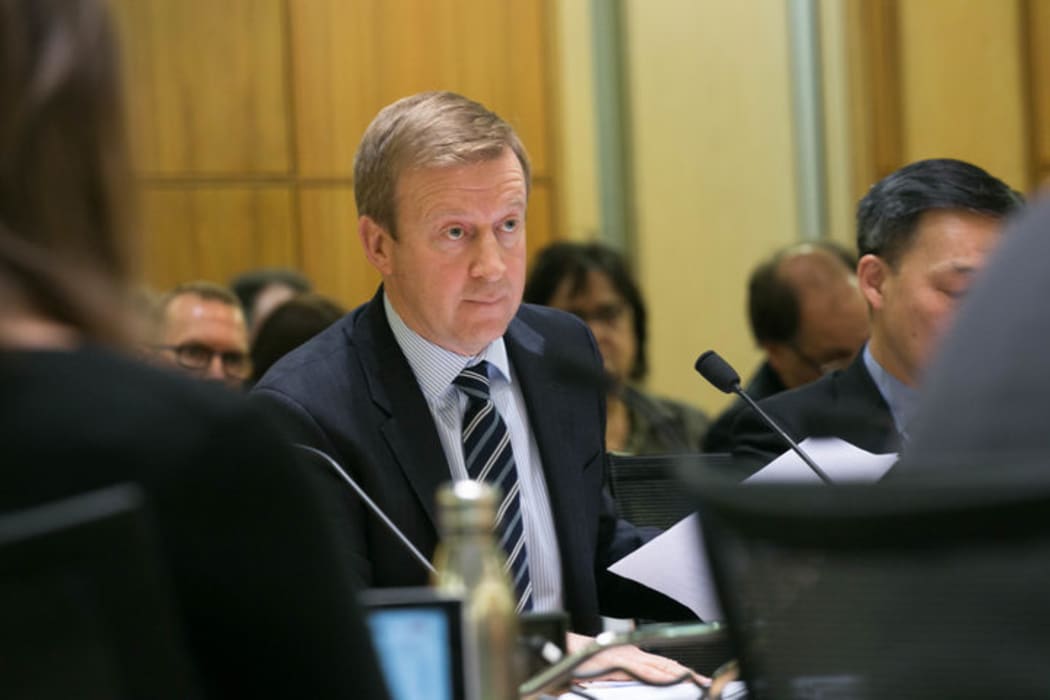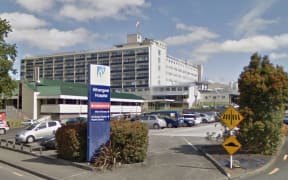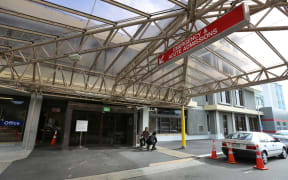The most vulnerable patients in New Zealand will be the ones who suffer over Northland's capped funding increases, the College of GPs president says.

Royal New Zealand College of General Practitioners president Tim Molloy. Photo: RNZ / Adriana Weber
Northland DHB chief executive Nick Chamberlain told staff in a leaked letter yesterday the DHB had missed out on $29.4 million in funding under the government's population-based funding model.
Wellsford-based president of the College of GPs Tim Malloy said the loss was absurd given the high health needs in the district.
"There'll be increasing pressure on the services that are being provided in the hospitals which will then trickle down to increasing pressure on primary care," he said.
"Which will ultimately mean that the community itself is essentially poorly served and that will mean poor health outcomes for some of the most vulnerable patients in the whole of the country."
In the letter, Mr Chamberlain said factors including Northland's rising population and high needs meant it should be receiving 6-7 percent more funding per year, but had missed out year upon year.
He said a cap within the formula meant it would only get 4 to 5 percent more each year, leaving a major gap.
"Over the past two years we have been capped by $8.5 million two years ago and $12.5m last year.
"This year, 2017/18 - our cap is valued at $8.4m - we are now the only DHB that is capped and this means over the last three years, $29.4m in health funding has been lost to Northland.
The DHB would not comment, but Dr Malloy said he believed the funding restriction only affected Northland, where growth had been highest.
"The net result is a mismatch between the services required by the population of Northland and the amount of funding that's being applied.
"And this, I believe, is relatively unique to this particular district health board which makes it, again, absurd."
Ministry report on DHBs' finances confirms rising deficit levels

Health Minister Jonathan Coleman Photo: VNP / Phil Smith
Documents released today largely confirmed Health Minister Jonathan Coleman's assertion yesterday that the District Health Boards were facing a combined deficit of $117 million for the financial year just passed.
The total $117.5m deficit was up from $54m the previous year, and also higher than the forecast $99m fom the audited report in May.
Of the 20 DHBs across the country, 12 ended last year in the red, led by Canterbury on a deficit of almost $52m, followed by Wellington's Capital and Coast, Southern, and Counties Manukau DHBs.
Nursing costs, junior doctor strikes and the gastroenteritis bug in Hawke's Bay were among the reasons given for the budget blowouts.
Dr Malloy said Northland was well served by its public hospitals, but across New Zealand GPs were worried about cash-strapped DHBs not spending more in the community.
"The ability to invest in other things, for example to invest in primary care, has proven very difficult for not just this district health board but all district health boards.
Association of Salaried Medical Specialists executive director Ian Powell blamed government underfunding.
"We've had since 2010 on conservative estimates about $1.4bn in relative terms being sucked out of the district health board funding.
"And yet the demands on district health boards - particularly in the public hospitals - to do more and more, has increased."
It uses green, amber and red to measure performance: Green means no particular concern, amber some concerns, red means concerns.
In February, Treasury released its review of DHB financial performances up to the last complete financial year.
Of the 20 DHBs, 11 are amber or red.
These include Canterbury, Waikato, Capital and Coast, Hutt, Lakes, South Canterbury, Southern, Tairawhiti, Taranaki, Wairarapa and the West Coast.
There have been particular complaints of funding problems at Canterbury DHB, which has been ordered by the ministry to cut its deficit from $54m to $17m, and Southern DHB, which had serious problems in its urology department.





